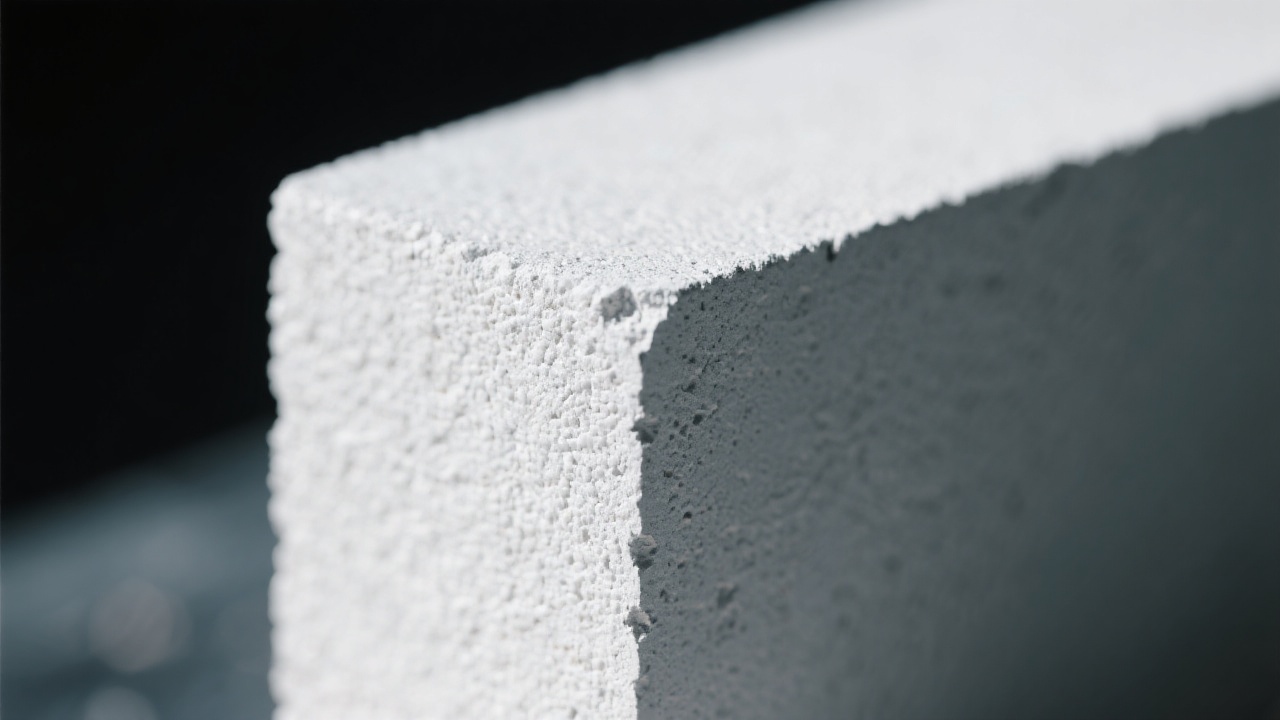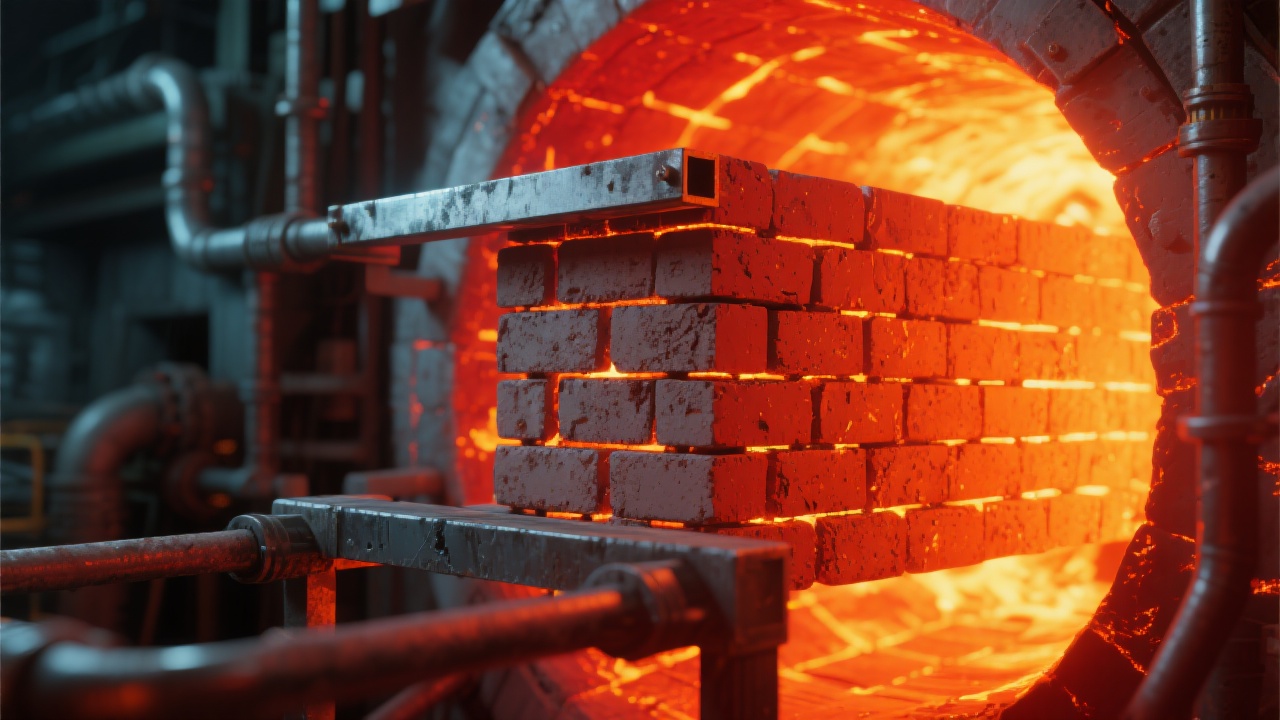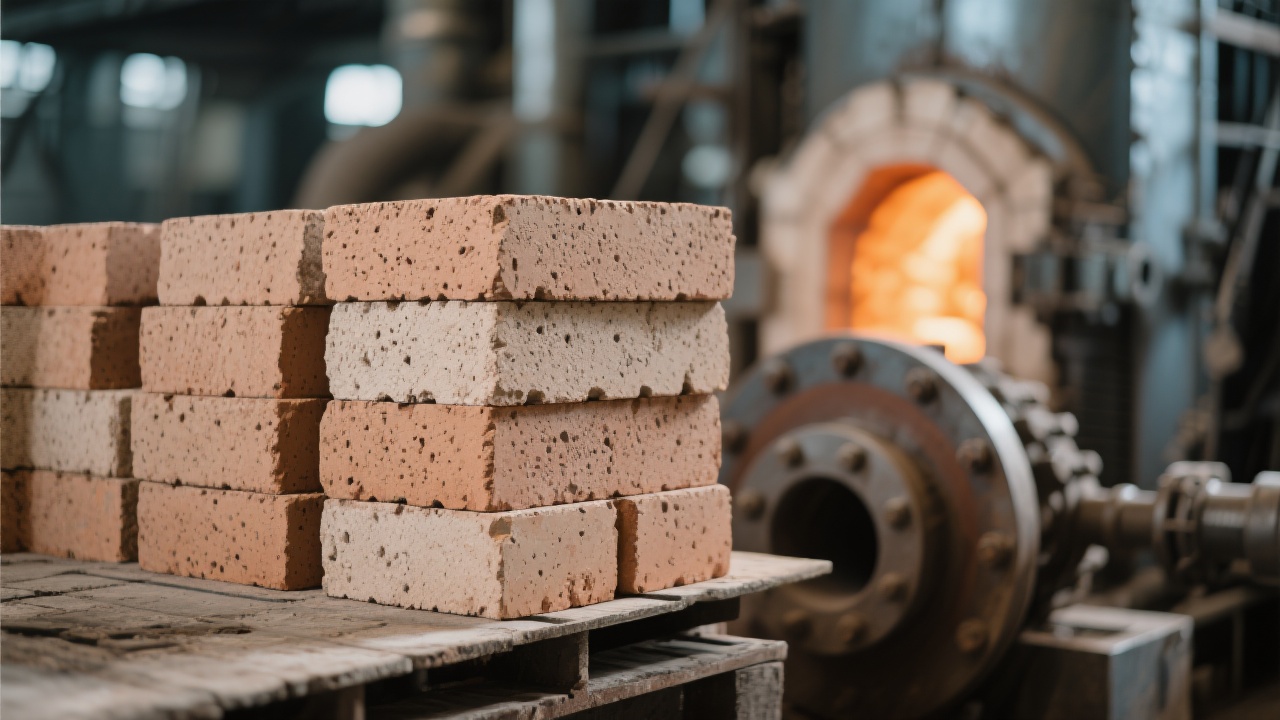
Cordierite porous materials are widely recognized in the industrial furnace sector for their outstanding thermal stability and low density. Their intrinsic properties—specifically low thermal expansion coefficients (~2–3 × 10−6 /°C) combined with moderate thermal conductivity (approximately 2 W/m·K)—offer superior resistance to thermal shock and deformation. This enables cordierite components to withstand extreme operating temperatures, often exceeding 1200°C, without significant structural degradation.
The porous architecture reduces overall material weight, facilitating easier installation and minimizing mechanical stress on furnace structures. Additionally, cordierite's chemical stability against molten slags and corrosive atmospheres enhances durability, ensuring longer service life for furnace components.
At the microscale, cordierite's multiphase crystalline structure inherently supports its exceptional heat resistance. The controlled porosity (typically ranging from 40% to 60%) reduces thermal conductivity, acting as an insulating barrier to heat transfer. This decreases thermal gradients that commonly lead to crack formation in dense refractory materials.
Table 1 compares typical parameters of cordierite porous materials versus traditional dense refractory bricks, highlighting the advantages in density and thermal response:
| Property | Cordierite Porous | Dense Refractory Brick |
|---|---|---|
| Density (g/cm³) | 1.5 – 1.7 | 2.5 – 2.8 |
| Thermal Conductivity (W/m·K) | 1.5 – 2.2 | 3.0 – 4.5 |
| Thermal Expansion (×10−6 /°C) | 2.0 – 3.0 | 5.0 – 8.0 |
Industrial furnaces rely heavily on the durability and thermal stability of components like setters (installation holders), cranks, felts, and support systems. Cordierite porous materials have demonstrated remarkable performance in these applications by minimizing thermal stress and reducing degradation over operational cycles.
For instance, setters fabricated from cordierite porous structures exhibit improved strain resistance during repeated heating and cooling cycles, resulting in a 30% increase in service life compared to similar components made from dense alumina-based refractories.
A typical furnace crank system using cordierite parts operates stably at 1150°C for over 18 months without measurable loss of mechanical integrity, whereas traditional materials often require replacement within a year under similar conditions.

A leading heat treatment facility in Southeast Asia replaced conventional dense refractory setters and supports with cordierite porous materials across five industrial furnaces. Within 12 months post-upgrade, the following data points were recorded:
Figure 2 demonstrates the comparative stress distribution in the support systems before and after the material upgrade, highlighting reduced thermal gradients and associated mechanical stress.

Research and industry feedback indicate ongoing enhancements in pore size uniformity, compositional purity, and sintering technology for cordierite porous materials. The advent of additive manufacturing techniques further promises customizable geometries and optimized porosity tailored to specific furnace zones.
Novel composite formulations incorporating nano-scale reinforcements have exhibited improved mechanical strength without sacrificing thermal insulation. Moreover, environmental sustainability drives development toward energy-efficient production processes, reducing carbon footprint while maintaining performance.

Cordierite porous materials represent a technologically advanced solution for extending the lifespan and enhancing the performance of industrial furnace components. Their low density, exceptional thermal shock resistance, and structural durability directly translate into reduced maintenance costs and improved operational stability. For thermal processing engineers and material scientists, integrating cordierite porous materials into furnace design and refurbishment projects offers a clear pathway toward optimized high-temperature performance.
Interested in tailoring cordierite porous materials for your furnace applications? Discover 3 Industry-Validated Cordierite Solutions Now

